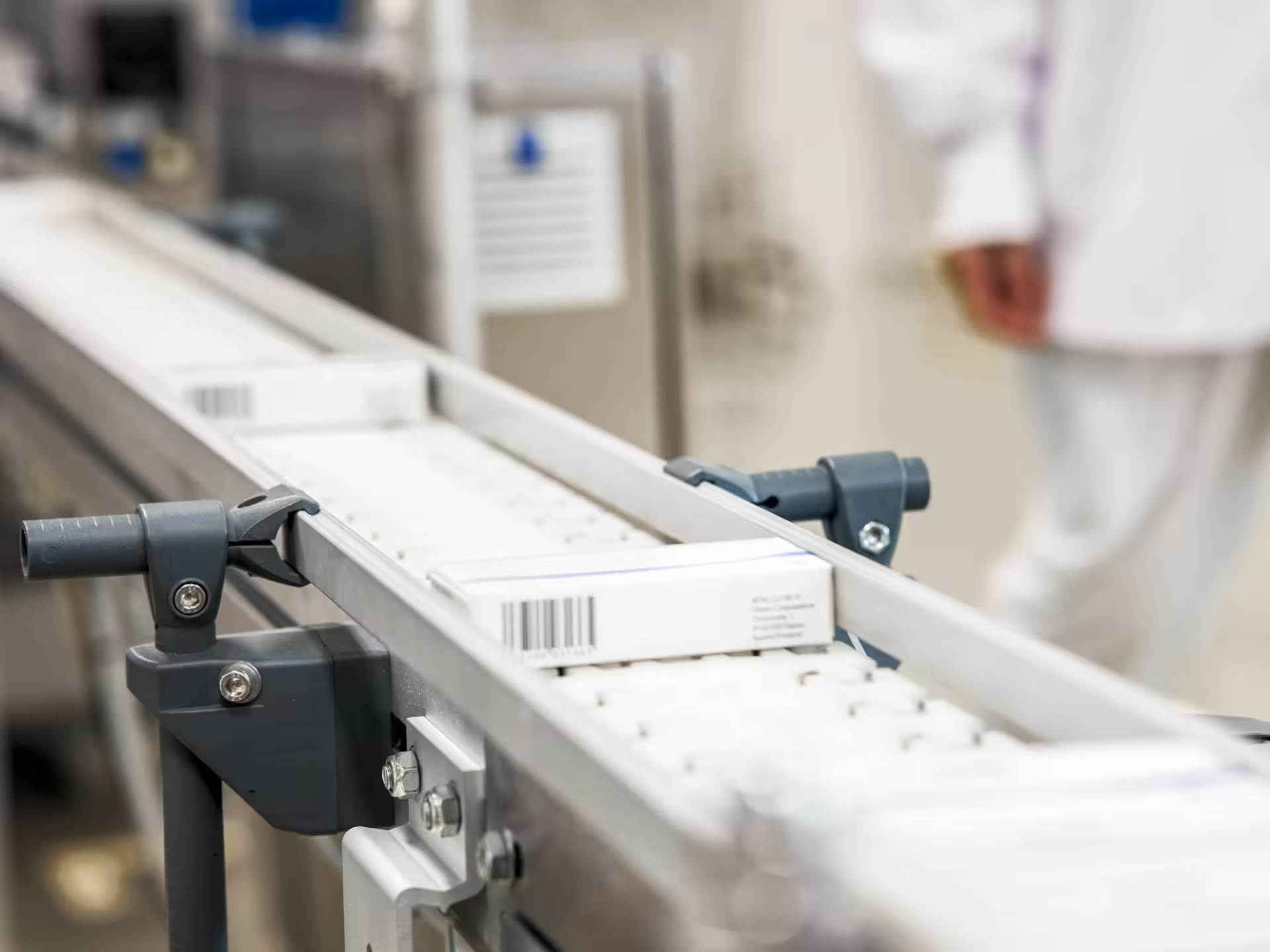Many women discover breast cancer on their own, among them Terhi Kolehmainen from Lappeenranta. While in the shower, she noticed a lump in her right breast. The date has stayed in her mind: 6 January 2014. Back then, Terhi was a 48-year-old day care worker and a single mother of three boys.
“I was sure it was breast cancer. Our occupational health care provider referred me for mammography. When the radiologist showed me the pictures, they immediately said that there was something there. A biopsy was taken.”
Her mammography appointment was in the middle of the working day. After the appointment, Terhi felt that she couldn’t go back to her workplace. Instead, she sought support from her mother.
Telling the children about cancer was difficult
Terhi’s mother had urged her to have a mammogram, although there were no symptoms.
“I decided to go after the trip. At the time, 18 months before the diagnosis, I was on job alternation leave and had decided to make one of our dreams come true with the boys: a long trip abroad. Afterwards, it felt good that we had time to make the trip. We were in Australia and Bali for six months, among other places.”
After being diagnosed with breast cancer, Kolehmainen suffered from severe depression and took sick leave. The biopsies revealed the harsh truth: a malignant cancerous tumour that required surgery.
“I was sure I was going to die. I had already written down in a notebook what kind of funeral I wanted. I was happy that my boys and I had the opportunity to make new memories and gain new experiences together.”
Terhi says that the hardest part was telling her children, aged 5, 15 and 17, about the disease. She talked with each of them alone.
“My eldest had a million questions, and he found out about things on his own. Finally, he said he would bake me sweet buns when I got better. The middle one didn’t say anything, and hasn’t said anything since. I told my youngest just that a lump in my breast needed to be removed, and that I would be treated in a hospital.”
Getting a diagnosis is better than waiting
Even before the operation, Kolehmainen received help and support from social services for families with children, and from her mother. On the day of her operation in February, a friend gave her a lift to the hospital.
“I was scared. I had never had surgery before.”
Terhi’s cancer was triple negative, which is rare, the most aggressive form and has a poor prognosis. This biological subtype occurs in around 15% of people with the disease. It’s difficult because there is no targeted drug.
“I was glad to finally get the results. The waiting was torture.”
I was glad to finally get the results. The waiting was torture.
Although the disease has a poor prognosis, it can be cured.
In addition to cancer treatments, Terhi’s side effects were treated
She had a breast-sparing operation – that is, the entire breast was not removed. Chemotherapy began in the same spring.
“I lost my hair after two weeks. It wasn’t as big a deal for me as it was for the children, but it was only then that I started to look really sick. I got a voucher for a wig, but I mostly wore scarves during that hot summer.”
Terhi suffered from heartburn, for which she was given anti-nausea medication. She was tired and had no appetite; sometimes she could manage only porridge and ice cream. Because of chemotherapy, her menopause started early. Dryness of the mucous membranes in her mouth was relieved with ice cubes. Her physical condition also deteriorated.
When chemotherapy ended, radiotherapy began. Kolehmainen visited the radiotherapy unit every weekday for five weeks. The radiation caused skin damage that is still visible.
Check-ups every year
During Terhi’s treatments, a friend took her for walks and was there to support her. Terhi was lent a dog, which provided welcome paw therapy. The dog ended up staying with her permanently.
All the treatments ended in October 2014. The first check-up was six months after that, and once every six months for the following six years. Terhi now has a check-up once a year until ten years have passed from her initial treatment.
“I felt safe when I was being treated. The depression deepened when the treatment ended. I saw a psychiatric nurse because the fear of the cancer returning was so great.”
Terhi attended a work trial at her favourite place: the library. Eventually, she retired on disability pension.
Don’t be alone – seek peer support
A peer support person from the Saimaa Cancer Association and the Europa Donna Cancer Association was an important discussion partner for Terhi. Now Kolehmainen herself has been a peer support person and has been running a peer support group for almost five years, having completed the required training.
Kela’s adaptation training course eased her fear to a bearable level, and the cancer association’s recreation course helped Terhi to recharge.
There are a lot of us. It's not worth it to remain alone. I used to borrow non-fiction books from the library and look for information online and participate in discussions.
Terhi encourages people to seek peer support from a cancer association, on social media or through acquaintances.
“There are a lot of us. It's not worth it to remain alone. I used to borrow non-fiction books from the library and look for information online and participate in discussions. When I started writing about my cancer experience, it was hard to remember at first because I had wanted to forget.
“I have taken up knitting. I’ve also done water aerobics and art therapy.”
Sweet buns after the end of treatments
Terhi has taken an empowering photography course, which she describes as a journey into the self. The course helped her to look at herself more gently.
“Through the camera, you can better see everything that is beautiful.
Terhi says that she has made new friends through the illness, including the mothers of her sons’ friends and peers. The cancer has not recurred.
“When the treatments ended, my eldest son kept his promise: he baked sweet buns, even though he had never baked buns before.”
Terhi Kolehmainen’s thoughts on living with breast cancer:
- It's good to make dreams come true: to make memories and share experiences with loved ones.
- Getting the results is easier, waiting is torture.
- A pet brings comfort – paw therapy helps.
- Peer support and friends are important.
- There are a lot of us. It’s not worth it to remain alone.











